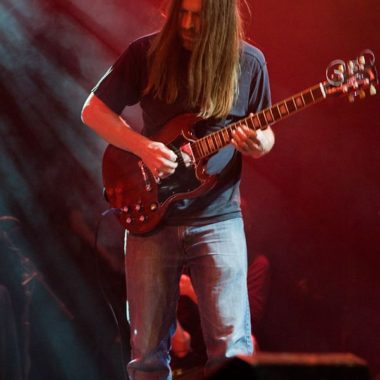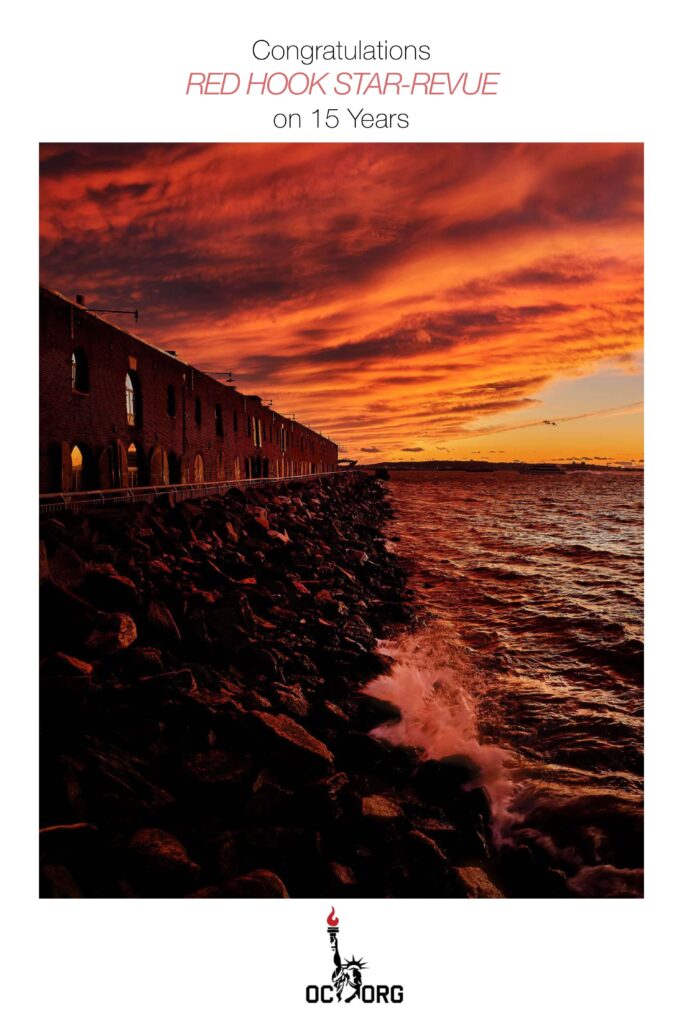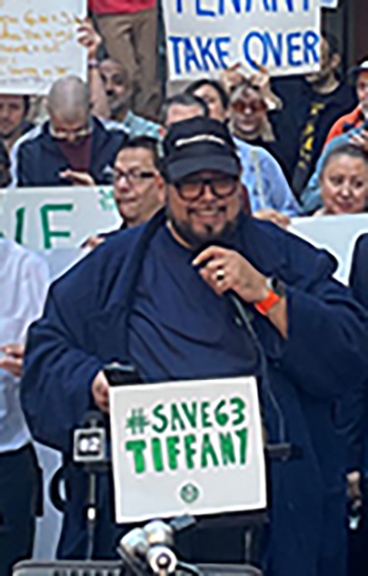Much has rightly been made of the drama surrounding and embedded into David Bowie’s ★, an album that not only addressed mortality but directly addressed his fans as well. Less has been said suggesting that it stood upon its release, as it does today, as one of Bowie’s finest records. Opinions vary, of course, and his back catalog is a considerable tower against which to measure anything, but beginning to end the record is every bit as strong as his 1976 Station to Station, which in many ways is his crowning achievement.
It would be as foolish to say that ★ profited from a sympathetic response (the record came out on January 8, 2016, Bowie’s 69th birthday) as it would be to deny the fact, because the album was designed to elicit exactly that response. But it was clear in the hours between its Friday release and the news that Bowie was gone the following Sunday that the album was a major statement. Like Station to Station, ★ wraps bravado and vulnerability together without conflict and delivers it with some of the most magnificent singing Bowie put to record. Both records feature strong yet understated musicianship, benefiting from the musicians getting to work within the longest songs Bowie wrote in his career. Both records do much to define an astonishing career.
This is what cellist Maya Beisr and arranger Evan Ziporyn were up against when they orchestrated the seven tracks on ★ as a cello sonata. The two had collaborated before, notably on the 2014 album Uncovered, which included arrangements of songs made famous by Jimi Hendrix, Howlin’ Wolf, Led Zeppelin, Pink Floyd and Nirvana. But that set of songs was essentially rock standards. Taking on ★ meant reworking something that many felt was a gift given to them.
Fortunately, they got it right. Bowie Cello Symphonic: Blackstar is a beautiful recontextualization of a remarkable record. It sticks close to script, even the track lengths are notably close to the original album, with Beiser’s dynamic cello standing in for Bowie’s voice and the Ambient Orchestra filling the space created by saxophonist Donny McAslin’s quartet. The most notable straying from formula is a 90-second distorted cadenza added as an introduction to “Sue (or in a Season of Crime).” The most exceptional thing about Ziporyn’s arrangements is in the drums and bass. ★ isn’t exactly a rock record and Bowie Cello Symphonic isn’t exactly a sonata for orchestra and soloist. Ziporyn uses the low strings and drums particularly well, mimicking the skittering propulsion of the original. Top to bottom it’s a beautiful tribute.
Or almost to the bottom. Things take a turn for the worse with a couple of altogether unnecessary “bonus tracks.” When Beiser and orchestra played the suite in Central Park in 2018, they encored with Pink Floyd’s “Wish You Were Here” and the Bowie hit “Let’s Dance.” It worked as a crowd-pleaser but was an unnecessary coda to a perfect statement. Here, they conclude the program with a fairly obvious arrangement of Bowie’s “Life on Mars” followed by an ill-advised take on “Ziggy Stardust,” complete with a frenetic Bach interpolation. David Bowie made his final statement with ★; adding to it only cheapens the effect.
Author
Discover more from Red Hook Star-Revue
Subscribe to get the latest posts sent to your email.











